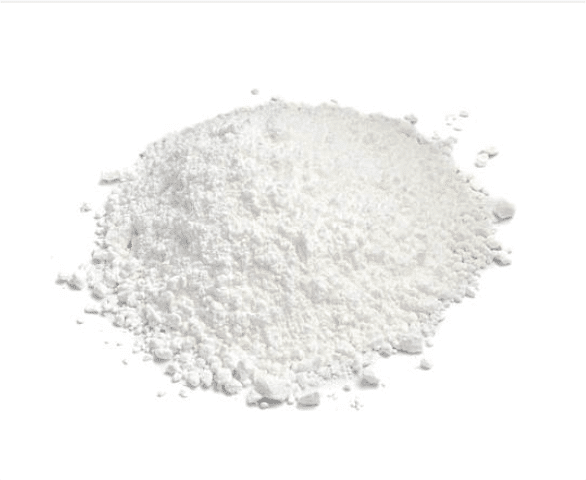
L-Aspartic Acid
Gensei is a leading L-Aspartic Acid supplier dedicated to providing high-quality amino acids for the nutritional, pharmaceutical, and research industries. Our L-Aspartic Acid powder is manufactured under stringent quality control standards to ensure exceptional purity and consistency. As a trusted l-aspartic acid supplier, we offer competitive pricing and reliable delivery for both small and large-scale requirements.
L-Aspartic Acid is a non-essential amino acid that plays a crucial role in various metabolic processes within the body, including the urea cycle and the biosynthesis of other amino acids. While generally considered safe, it’s important to be aware of potential l-aspartic acid side effects, although these are rare when used appropriately. Some individuals might experience mild gastrointestinal discomfort with high doses.
Please note: We are a wholesale supplier and have minimum order quantities.
Have questions about this product? Our team is here to help. For inquiries about multiple ingredients, please use the Contact Us option and include the list of ingredients in your message.
L-Aspartic Acid CAS No.: 56-84-8
Synonyms:
- (S)-Aspartic acid
- L-α-Aspartic acid
- Asp
- (S)-Aminosuccinic acid
- L-Aspartate
- H-Asp-OH
CB Number: CB4303729
Molecular Formula: C₄H<0xE2><0x82><0x87>NO₄
Molecular Weight: 133.10 g/mol
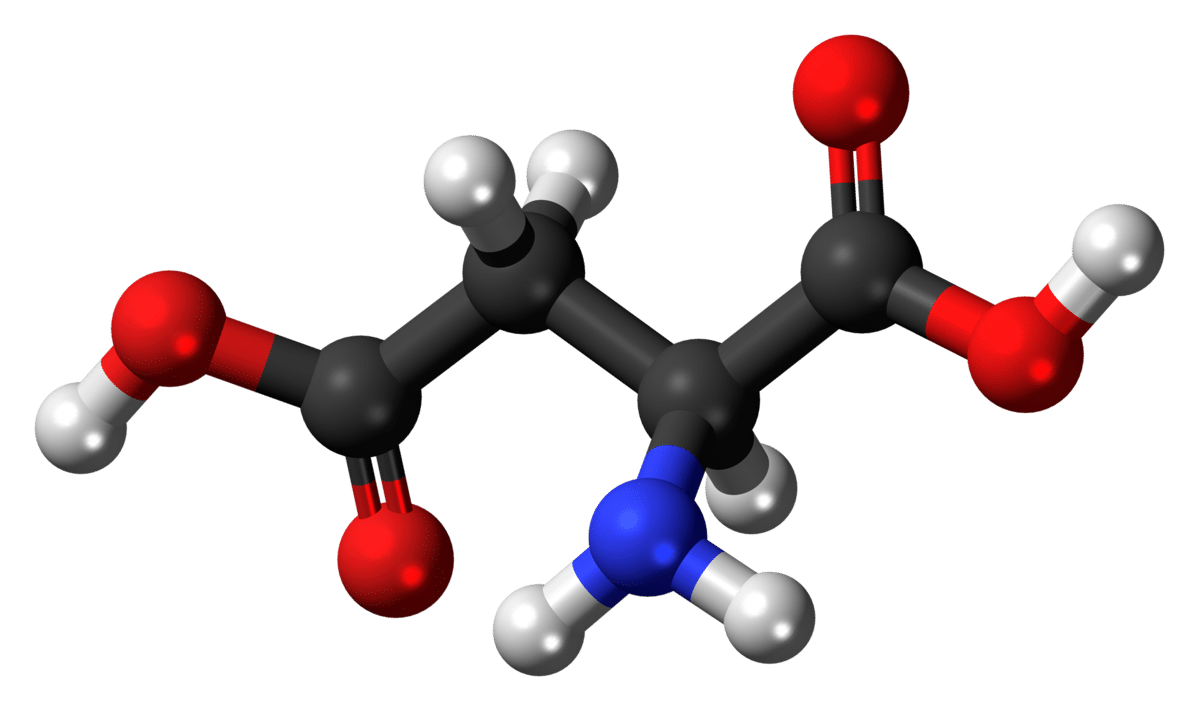
L-Aspartic Acid Manufacturing Process Flowchart
L-Aspartic Acid is often produced through fermentation or enzymatic conversion. This flowchart outlines a general process.
(e.g., Glucose, Corn Steep Liquor for Fermentation
or Chemical Precursors)
(Microbial Fermentation or Enzymatic Reaction
to Produce L-Aspartic Acid)
(Removal of Biomass, Impurities,
and Byproducts through Filtration,
Centrifugation, Chromatography etc.)
(Adjusting pH to Optimize Crystallization)
(Formation of L-Aspartic Acid Crystals through Controlled
Cooling and/or Solvent Addition)
(Isolation of L-Aspartic Acid Crystals by Filtration or Centrifugation)
(To Remove Residual Impurities from the Crystals)
(Removal of Residual Moisture using Techniques
like Air Drying, Vacuum Drying, or Spray Drying)
(To Achieve Desired Particle Size and Uniformity)
(Testing for Purity, Assay, Heavy Metals,
Microbiological Contamination etc.)
(Into Bags, Drums, or Other Suitable Containers)
This flowchart provides a general overview of the L-Aspartic Acid manufacturing process. Specific steps and methods may vary depending on the manufacturer and the chosen production route.
Our State-of-the-Art Manufacturing Facilities
Explore our modern facilities equipped with advanced technology to ensure the highest quality in the production of your vitamins, herbal extracts, minerals, and amino acids.

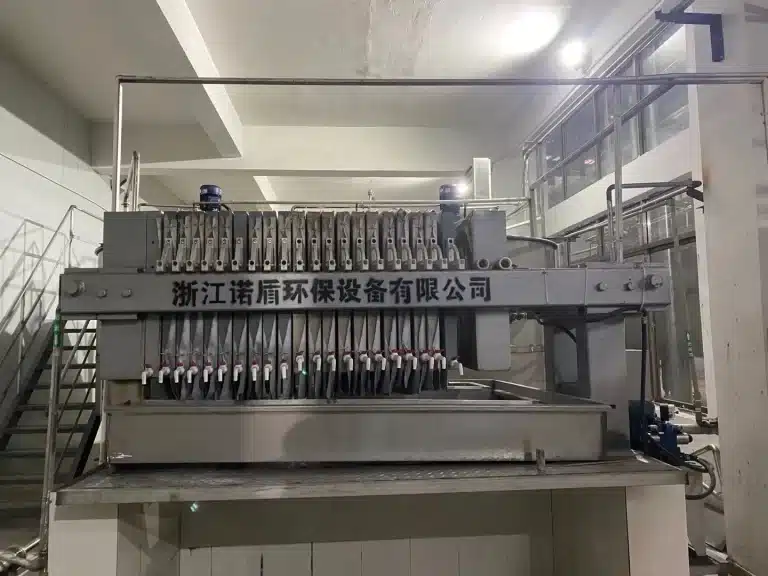
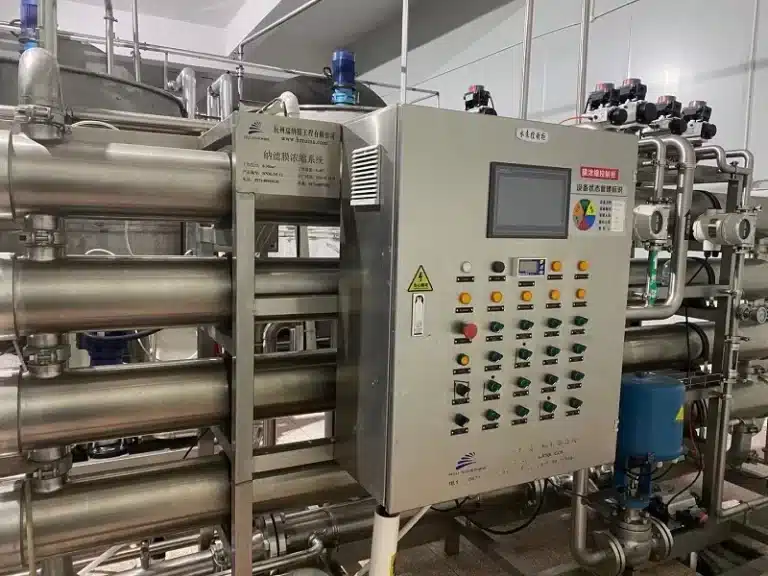
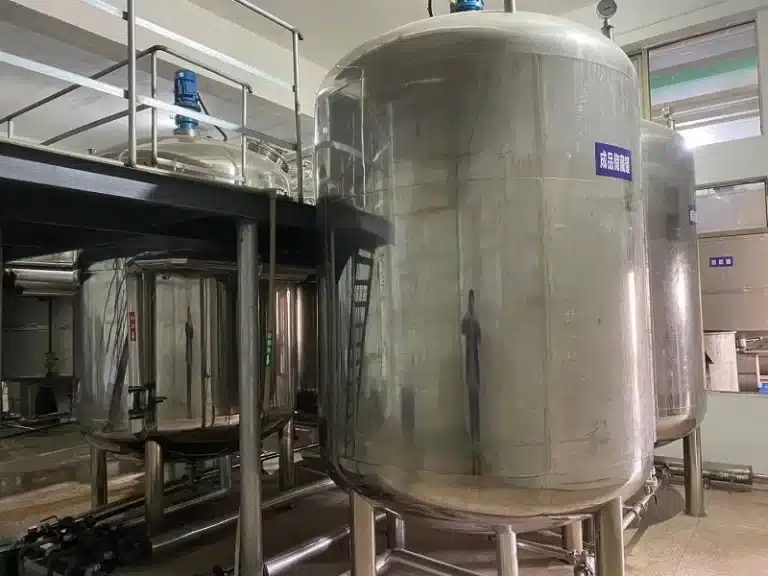
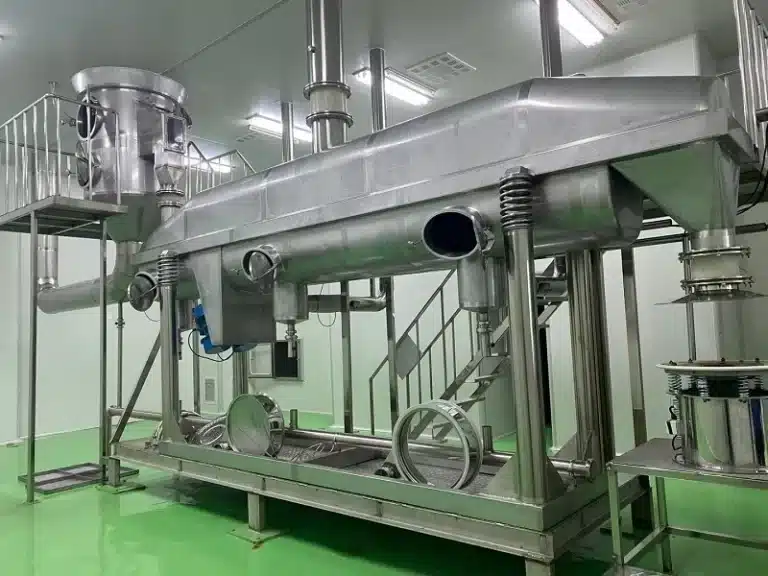





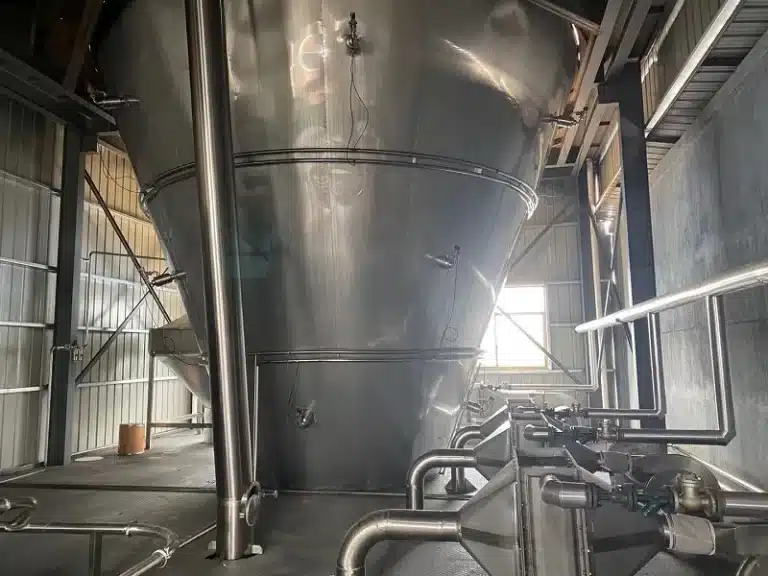
FAQs
L-Aspartic acid is a non-essential amino acid that plays a crucial role in various metabolic processes in the body.
It is found in many protein-rich foods, including meat, poultry, eggs, dairy products, soybeans, nuts, and seeds.
It is involved in the urea cycle, the biosynthesis of other amino acids (like asparagine, methionine, threonine, isoleucine, and lysine), and acts as an excitatory neurotransmitter in the brain.
No, L-Aspartic Acid is considered a non-essential amino acid because the body can synthesize it from other metabolic intermediates.
It acts as an excitatory neurotransmitter, meaning it stimulates nerve cells to fire. It plays a role in learning and memory.
Yes, it is sometimes included in dietary supplements, particularly those aimed at boosting energy or supporting neurological function.
When taken in moderation as found in food, L-Aspartic Acid is generally safe. High doses from supplements might cause gastrointestinal discomfort in some individuals.
Similar to other amino acids, L-Aspartic Acid and D-Aspartic Acid are stereoisomers. L-Aspartic Acid is the form primarily found in proteins, while D-Aspartic Acid has different roles, including hormone regulation.
L-Aspartic Acid is one of the two amino acids that make up the artificial sweetener aspartame (the other is phenylalanine).
Yes, L-Aspartic Acid is soluble in water, although its solubility can vary depending on the pH of the solution.
No, L-Aspartic Acid is NOT the same as Aspartame.
- L-Aspartic Acid is an amino acid. It's one of the building blocks of proteins and has various roles in the body.
- Aspartame is an artificial sweetener composed of two amino acids: L-Aspartic Acid and L-Phenylalanine. These two amino acids are chemically bonded together to form the aspartame molecule.
Think of it like this: L-Aspartic Acid is like a brick, and Aspartame is like a small wall built using that brick and another type of brick (L-Phenylalanine).

